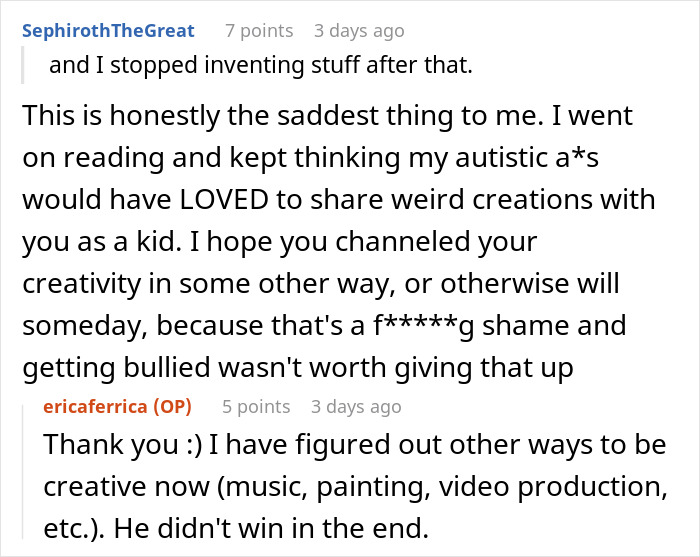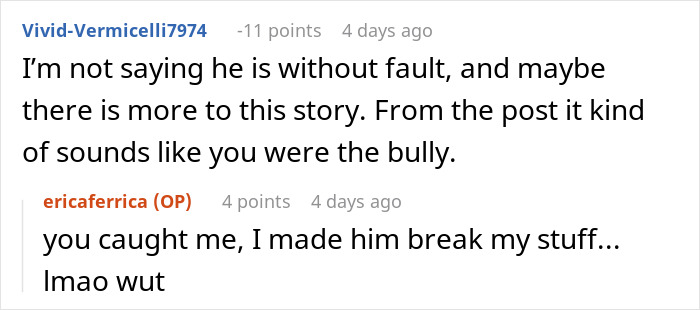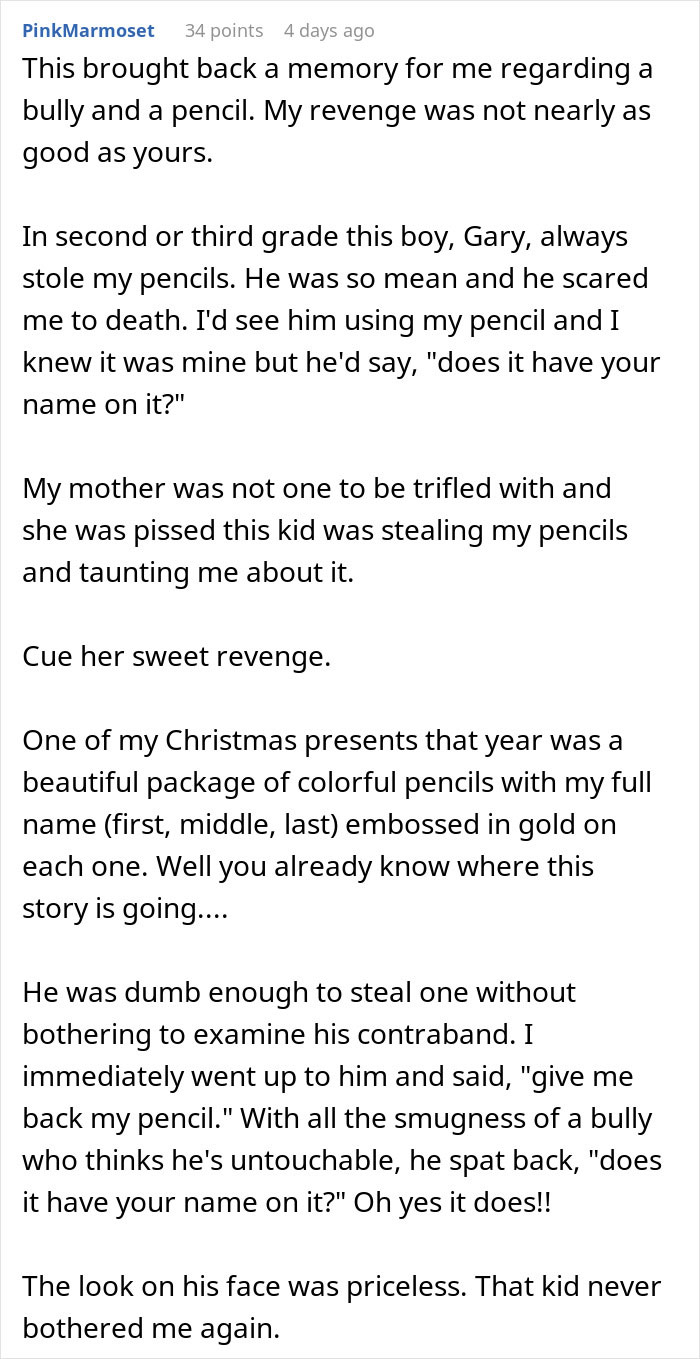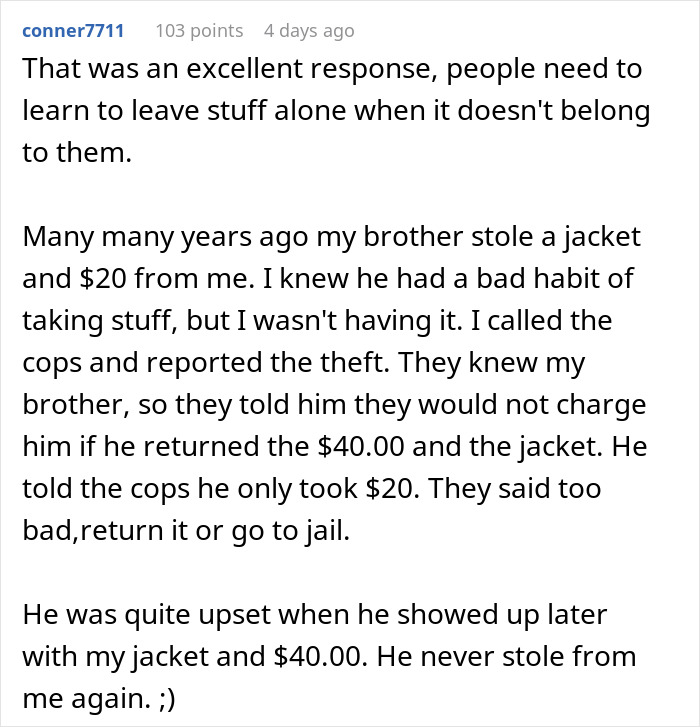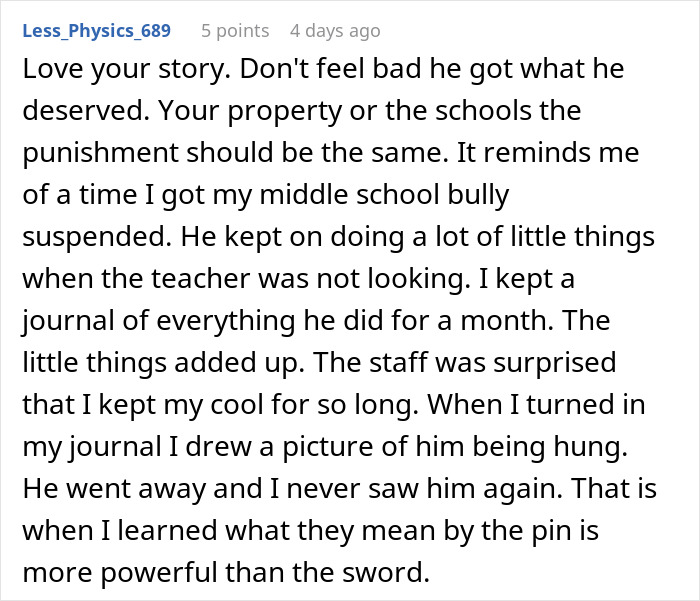No matter your age, facing a bully can have a profound impact. Sometimes, even if you stay strong and seek revenge, the effects of bullying can leave lasting changes that are hard to undo.
A Redditor recounted how she cleverly sought revenge on her childhood bully in middle school after he destroyed her favorite homemade creation. While the author’s clever act of payback stopped his bullying, it also marked the end of her days as a young inventor. Keep reading to discover the full story, Pandas.
Bullying is widespread in schools and affects a large number of children

Image credits: wosunan (Not the actual photo)
A woman shared how she sought petty revenge on her middle school bully after he destroyed her invention, resulting in his suspension
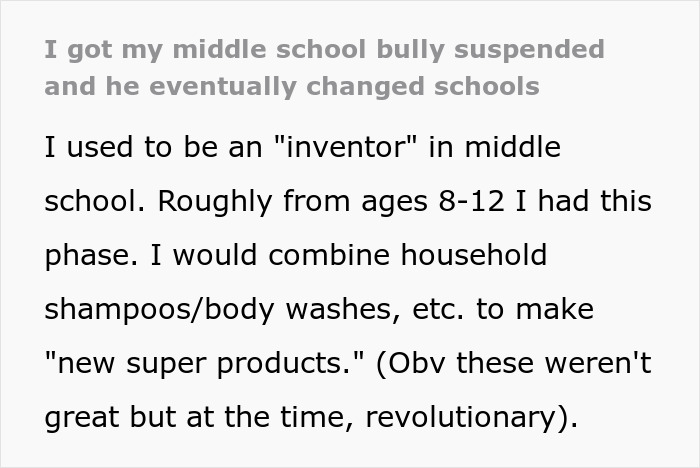


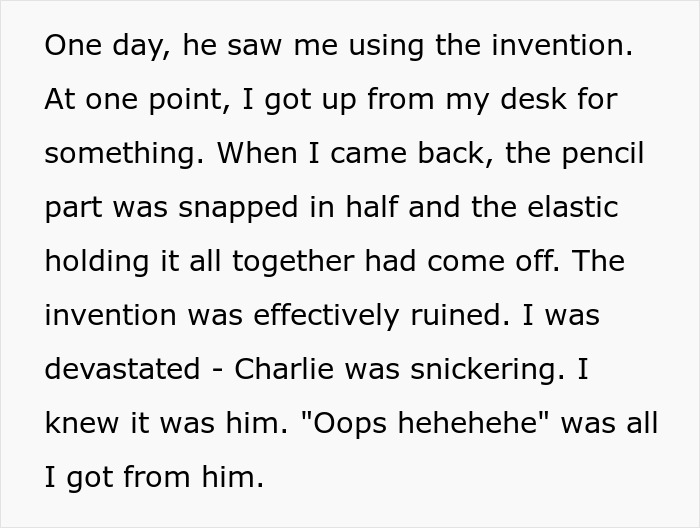

Image credits: Pavel Danilyuk (Not the actual photo)

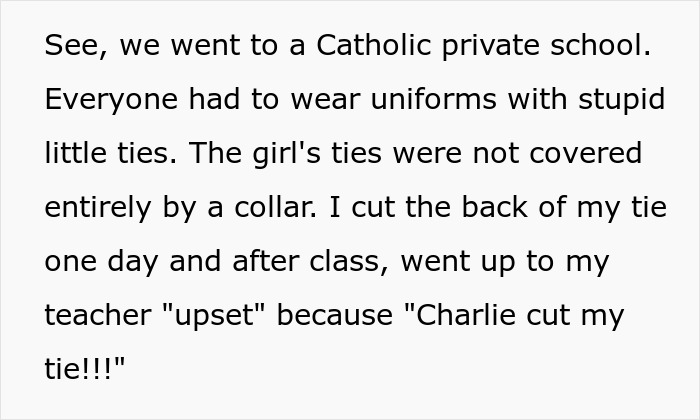
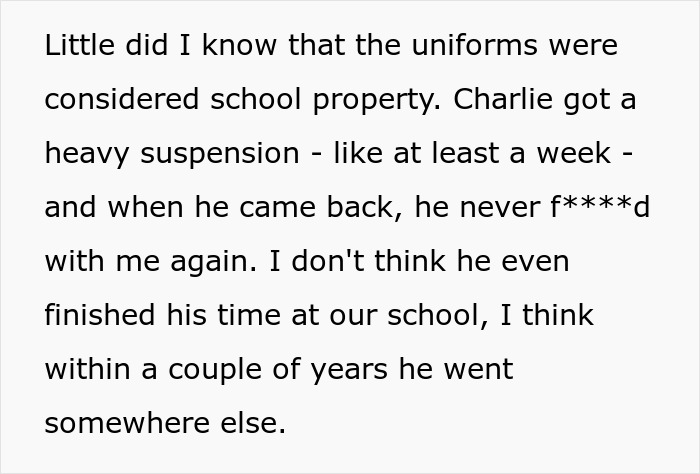

Image credits: ericaferrica
Bullying can deeply affect a child’s emotional well-being and self-esteem
A bully can turn simple things like walking to class or eating lunch into a nightmare for kids. What should be normal and carefree moments turn into situations filled with fear and anxiety.
Instead of enjoying time with friends or focusing on school, kids who are bullied constantly worry about being teased, embarrassed, or hurt. According to the National Center for Educational Statistics in 2019, one in five students (20.2%) reported being bullied.
This highlights just how crucial it is for parents, guardians, teachers, and other adults to step in, guide children, and help them understand how to stand up against bullying. Now, your child might open up about what’s going on, but they could still feel scared to share everything.
If your child doesn’t tell you they’re being bullied or if there aren’t any visible signs like bruises, it can be tough to spot. You might notice your kids acting differently or acting more anxious. Also, they might eat more or less food, have trouble sleeping, or lose interest in doing things they usually enjoy.
Parents should try to find a gentle way to start the conversation if they suspect their kid is being bullied. For example, if you are watching a TV show together that features a bullying scene, you could ask, “What do you think about that?”. Then it can naturally lead to questions like, “Have you ever seen something like this?” or “Has this ever happened to you?” You might also share a personal story to make it easier for them to talk.
According to UNICEF, “The more you talk to your children about bullying, the more comfortable they will be telling you if they see or experience it. Check in with your children daily and ask about their time at school and their activities online, inquiring not only about their classes and activities but also about their feelings.”
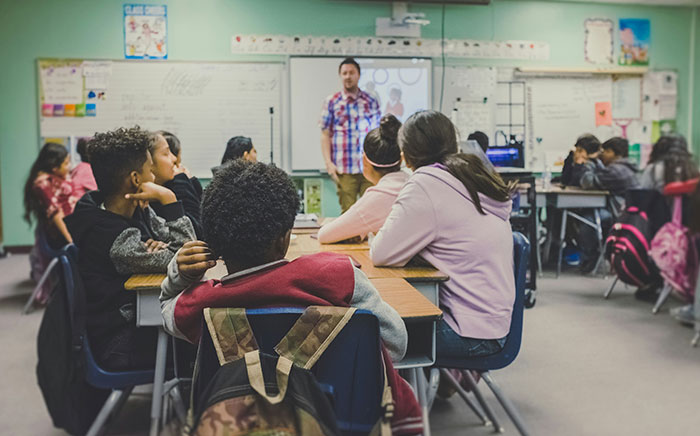
Image credits: Kenny Eliason (Not the actual photo)
It’s essential to build a safe environment for your child so they feel comfortable sharing their feelings with you
By regularly catching up with your child, you can help create a safe space where they feel comfortable sharing their feelings with you. When your child opens up to you, listen calmly and offer support. Sometimes they might think it’s their fault or feel like if they acted differently, it wouldn’t happen.
They may also be scared that telling you could make things worse or worry you won’t believe them or help. Praise your child for coming to you. Also, let them know they’re not alone—many kids get bullied. Make sure they understand it’s the bully who’s wrong, not them. Reassure them that you’ll handle it together.
After comforting your child, sit down together and come up with some practical solutions. Involve them in the process by asking how they’d like to handle the situation and what they think might help. This not only empowers them but also shows that you trust their feelings and ideas. Work together to find the best way forward, making sure they know you’re by their side every step of the way.
As a parent, you can reach out to your child’s teachers, school principal, and, if necessary, the bully’s parents. It’s important to keep communication open with the school to ensure they’re aware of what’s happening and can help.
If you feel like nothing is improving or your child is still struggling, don’t hesitate to seek professional help, such as a counselor or therapist. They can provide extra support for your child and guide you on how to handle the situation.
Sometimes, people stand up to their bullies and teach them a lesson, just like in this case. Have you ever experienced bullying? How did you handle it?
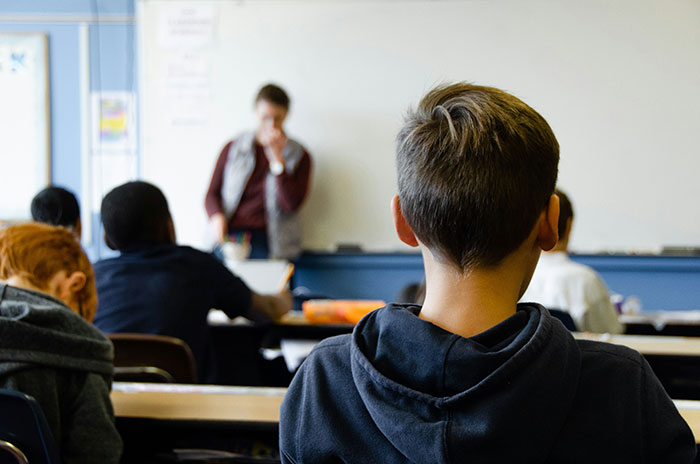
Image credits: Taylor Flowe (Not the actual photo)
Online, many felt the bully got exactly what he deserved



